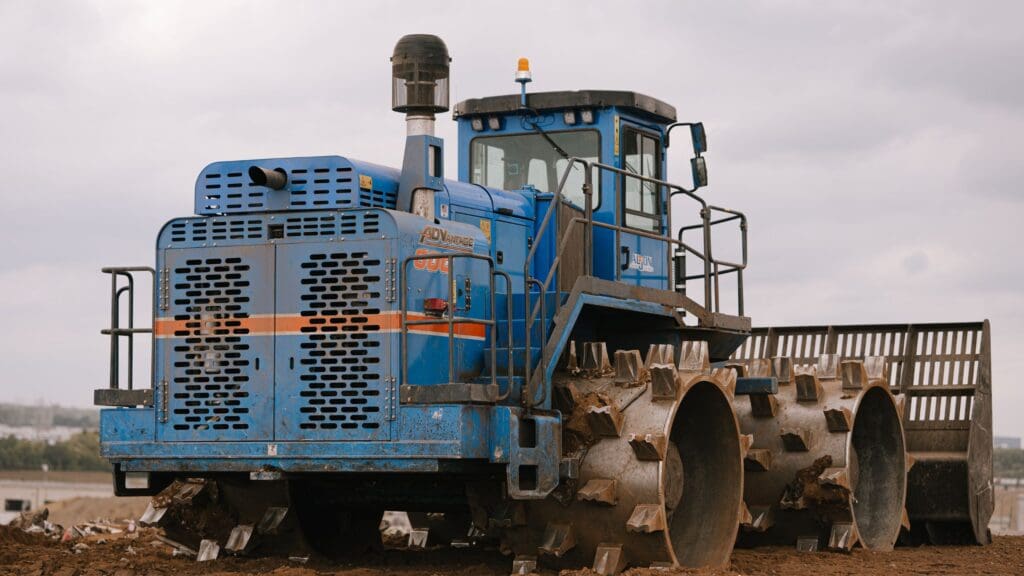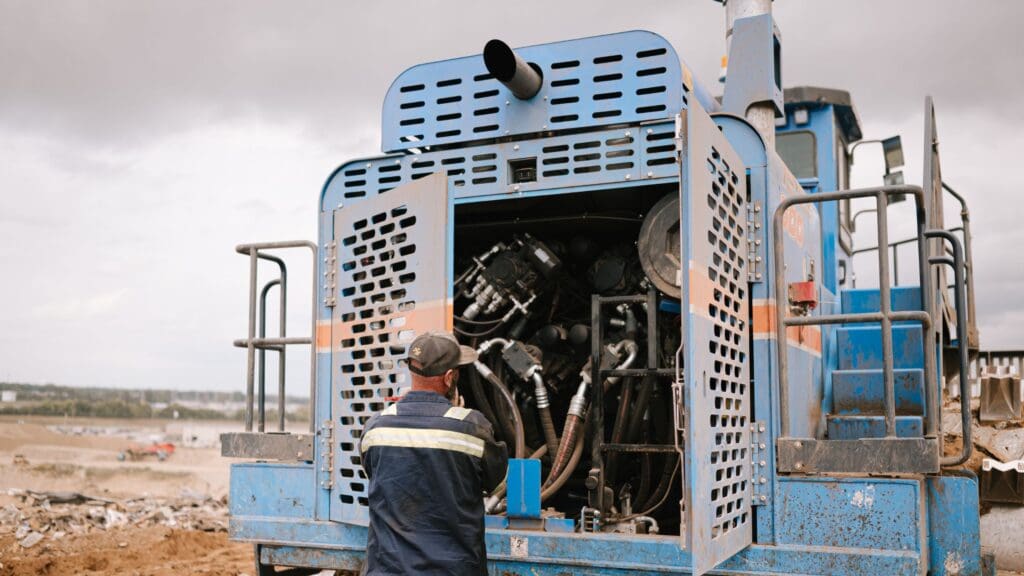At the beginning of the purchasing process, customer service is mostly a hypothetical issue, as sales teams are incentivized to make the buying process as easy and hassle-free as possible. But a few years into operation, if something goes wrong, will the company still be there for you?
Downtime is costly, and every day it takes to get in touch with the service department and wait for parts to ship compounds those losses. To get the most out of your investment, it’s important to evaluate manufacturer service reputations in the following three areas: responsiveness, parts quality, and customer service.
Responsiveness
Scrap equipment takes a beating over its lifespan, often working in less-than-ideal weather and in contact with corrosive materials. While a solid maintenance schedule, well-trained operators, and a suitable environment will extend the life of your machines, eventually, something will need repaired. It’s important to know who to contact for diagnostics and replacement parts, as well as how long it will take to get the machine up and running again.
Building excellent equipment requires a lot of logistical and mechanical experience, while running a service department requires fast-paced customer service, software, and shipping solutions. A manufacturer may be very good at one side of the operation but struggle in the other, even though service is vital to the overall operational quality and longevity of equipment in the field.
It’s important to ask both the sales team and other owners questions like:
- How long are average hold times when calling the parts department?
- Are the phones staffed by people with knowledge of the machinery and replacement parts? Or do they simply take orders?
- How difficult is it to get in touch with someone to help with more complicated problems or repairs?
In addition to finding out how communicative the manufacturer’s service department is, it’s important to ask questions about their fill rate and inventory status. “Fill rate” is the percentage of orders that can be fulfilled with current inventory. A low fill rate means the part you need to get your operations back on track may be backordered and take weeks or months to arrive from overseas, unnecessarily extending downtime.
Our Aljon scrap parts typically have a 95% fill rate or higher, ensuring that you can get the parts you need without long lead times. As a further commitment to customer service, both maintenance and replacement parts are ready for same-day shipment and generally ship within 24 hours of the order being placed.
Replacement Part Quality
Once you know you can get replacement parts quickly, it’s also important to check their quality. Third-party and aftermarket competitors often promise to save you money upfront, but they lack the detailed knowledge of the original manufacturer – and have less of an incentive to maintain a good reputation for a particular brand. When purchasing replacement parts from the OEM (Original Equipment Manufacturer), you know that you’re investing in parts every bit as good as the original builds (and, sometimes, upgraded ones, if technology has improved since your purchase).
All Aljon Scrap Parts components are designed explicitly for Aljon machines and manufactured to the same standards as the original parts, ensuring that performance will not be degraded after installation.
Furthermore, because the entire manufacturing operation is designed to produce Aljon components, it’s possible to sell the highest-quality parts at competitive prices. Replacement parts are considered part of Aljon’s overall commitment to quality and fair pricing, not an add-on revenue stream, so there’s no reason to gouge customers on replacement costs.
Customer Service
With operations stretching back more than 60 years, we have a long – and consistent – history of prioritizing customer service. It’s not enough to build solid equipment; a company needs to stand behind that equipment to the very end of its lifespan (and even extend it through rebuilding when possible) to ensure customer satisfaction and the best possible return on investment. Aljon has a robust pre-owned division, which is a testament to both the durability of machinery and its quality of service over time.
When service is an afterthought, the entire manufacturing operation suffers. Service requirements must be integrated into every step of the manufacturing process, from design (so that parts are easy to replace and install) to fabrication (ensuring both the quality and quantity of spare parts are made) and sales. A company can only deliver on its promises of long-lasting machinery if it has a commitment to ongoing service and the infrastructure to make it as quick, low-cost, and hassle-free as possible – a standard that our customers have applauded for decades.



